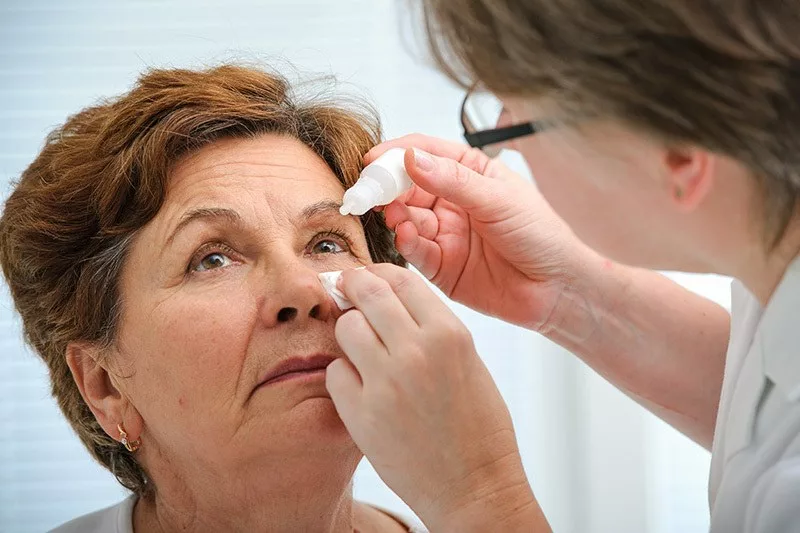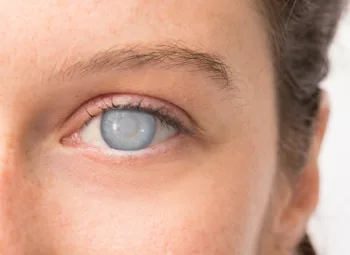
What are possible side effects can I may expect after cataract surgery?
If you are one of the many Americans suffering from cataracts, blurry vision and light glare is likely disrupting your daily routine. Many people find that they have problems reading, watching television, and carrying out household tasks. Some people feel like they are losing their independence as their vision problems begin and it becomes difficult to cook, do yard work, or climb stairs. To correct this, many doctors recommend cataract surgery.
Cataract surgery is a common and safe procedure that involves removing the lens of the eye and replacing it with an artificial lens. This will remove cloudiness in your vision and allow you to see more clearly. You can find out if you are a candidate for cataract surgery by reaching out to an ophthalmologist for a screening. Once it is determined that the procedure is right for you, you will be on your way to clearer vision!
NeoVision is the Bay Area’s premier laser cataract surgery center
Schedule your free surgical consultation with Dr. Tandon to discuss your options.
Many people wonder what to expect after cataract surgery. A main concern is if complications or side effects will arise after the procedure is through. While the risks are low, there is an increased chance of complications if you have another preexisting eye disease or medical condition.
Here are some common, but minor complications that can occur after cataract eye surgery:
I have dry eyes after cataract surgery
Cataract surgery has been found to amplify a pre-existing dry eye condition, as well as induce it in patients who did not have dry eyes prior to the procedure. While dry eyes can be a nuisance, they generally last only a month or so after surgery, and can be easily treated with artificial tears (eyedrops).
My eye is inflamed
Redness and swelling are common within two weeks after surgery. Inflammation is usually treated with steroids or non-steroidal anti-inflammatory drugs (NSAIDs). If you are experiencing inflammation after your cataract surgery, your ophthalmologist will likely prescribe you eyedrops.
Floaters appeared after having cataract surgery
Floaters are shadows cast on the retina of the eye by debris in the vitreous gel. While floaters are common in many eyes, people might start to notice them more after cataract surgery, as their vision becomes clearer. You should contact your doctor if the floaters do not go away, begin to obstruct your vision, or you notice an increase in floaters. This could be a sign of more serious condition, such as a retinal tear or detachment.
I am experiencing light sensitivity
Light sensitivity is another common side effect that typically lasts a few days. As mentioned before, cataracts can cause blurriness which filters light that enters the eye. Once this blurriness subsides, the whole world will seem brighter! Sunglasses will help with this side effect.
While these complications can occur after surgery, many of them are easily treated by eye doctors. Your ophthalmologist will schedule several follow up appointments with you to ensure everything is healing as it should and your vision is improving. If you experience other complications, including loss of vision, serious pain or discomfort, or injury to your eye, you should contact your ophthalmologist immediately.
Union City’s Choice for Advanced Cataract Surgery
NeoVision Eye Center has been a working to provide the best vision services to Bay Area patients since 1997. Our ophthalmologist, Dr. Shobha Tandon is an expert in cataract surgery who utilizes cutting-edge techniques and technology—including the LENSX Laser System—in advanced laser-assisted cataract surgery.
If you have questions about other common, but minor complications associated with cataract surgery, reach out to the cataract surgeon specialists at NeoVision Eye Center. We’ll be happy to get you on a path to better eyesight.





